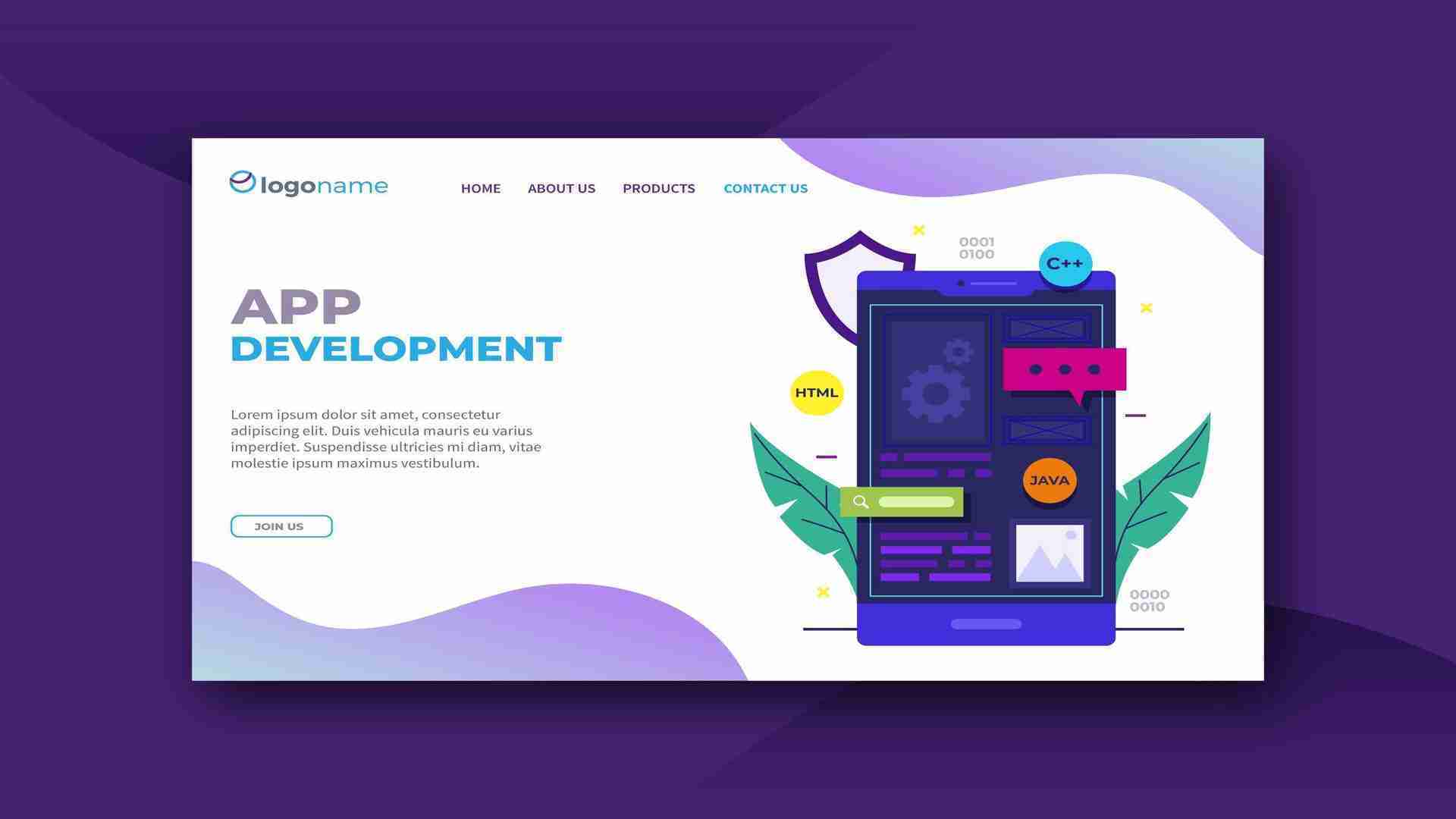Selecting the appropriate framework for app development is a crucial choice that can greatly influence the outcome of your project. Considering how many frameworks are available, it's critical to make informed decisions as the landscape of alternatives grows. Designed with app developers india and singapore in mind, this extensive book examines important aspects to take into account when choosing an app development framework.

Understanding App Development Frameworks
App development frameworks are the cornerstone upon which mobile and online applications are constructed. They streamline the development process by offering an organized collection of tools, libraries, and best practices. The skill level of app developers, scalability, and project needs are some of the variables that influence the choice of framework.
Factors to Consider When Choosing a Framework
1. Project Requirements
Begin with comprehending the particular needs of your project. Various frameworks are better at different things, like web development, cross-platform interoperability, and native app development. To identify the best frameworks, specify the functionalities, target platforms, and project goals.
2. Development Speed
Think about how quickly you need to create and release your app. Certain frameworks, like as Flutter and React Native, allow code reuse between platforms, which speeds up development processes. When working on projects with short deadlines, this can be helpful.
3. Community Support
Any framework's ability to succeed depends on the support of the community. Continuous development, frequent updates, and an abundance of resources are guaranteed by a lively and engaged community. Seek for frameworks that have a robust community behind them to solve problems and maintain alignment with industry best practices.
4. Learning Curve
Take into account each framework's learning curve, particularly if you are working with a group of developers that have different degrees of experience. Choosing a framework that complements the skill set of your team will expedite onboarding and increase productivity.
5. Scalability
An essential component of long-term success is scalability. Select a framework that will allow your application to expand. Examine the framework's capacity to grow both horizontally and vertically, as well as how well it performs under large loads.
6. Integration Capabilities
Think about the framework's ability to integrate with APIs and other third-party services. Adding functionality to your app, such as payment gateways, social media logins, and analytics, requires seamless integration. Verify that the framework is compatible with the required libraries and plugins.
Frameworks in Focus: India and Singapore Perspectives
Now, let's explore some frameworks that are especially pertinent to app developers in Singapore and India, taking into account the distinctive features of these tech ecosystems.
Frameworks for App Developers in India
India has an abundance of skilled app developers, and the tech sector is characterized by a wide variety of projects. Many Indian developers choose to use Android Studio with Java or Kotlin for native Android development. Java is a popular choice due to its versatility, but Kotlin is becoming more and more popular due to its compact syntax and improved safety features.
The use of React Native in cross-platform programming has grown significantly. React Native, a Facebook creation, enables programmers to create mobile applications with JavaScript and React. Its effectiveness and cross-platform code sharing make it a desirable option for Indian engineers working on a variety of projects.
Frameworks for App Developers in Singapore
The IT scene in Singapore is renowned for its creativity and emphasis on cutting-edge technologies. Popular languages for developing native iOS applications are Swift and Objective-C. Apple's Swift is particularly well-liked for its speed and security features. Even though it's older, Objective-C is still useful for sustaining iOS applications that are heritage.
app developer singapore are starting to use Flutter for cross-platform development. Flutter, a Google development, enables the development of natively built desktop, web, and mobile applications from a single codebase. Singaporean developers' tech-forward approach is in line with its expressive user interface and quick development cycles.
Case Studies: Real-World Framework Selection
Analyzing case studies from the real world can give important insights into how various frameworks were selected to satisfy particular project objectives. Let's examine two cases, one from Singapore and one from India.
Case Study 1: Indian E-Commerce App
React Native was chosen by an Indian e-commerce firm that wanted to develop quickly and be compatible with several platforms. The decision gave the development team the opportunity to quickly produce a feature-rich app for both the iOS and Android platforms by utilizing their experience with JavaScript. A wealth of materials and help were also offered by the active React Native community.
Case Study 2: Singaporean Fintech Solution
Swift was selected for native iOS development by a fintech organization situated in Singapore that prioritizes security and performance. Swift's speed and security capabilities, which are essential for managing financial transactions safely, were prized by the organization. Despite being iOS-specific, the choice was made in line with the company's mission to deliver a solid and seamless user experience.
Conclusion
Selecting the best framework for app development is a strategic choice that necessitates careful evaluation of project requirements, team capabilities, and long-term objectives. Making educated decisions for app developers in Singapore and India requires an awareness of the distinctive features of each country's digital environment. Developers can design scalable and profitable apps that meet a wide range of user needs by utilizing the advantages of well-known frameworks and matching them with particular project requirements.
Your choice of weapon
Build your Apps for any Platform
We to code. It's our passion










you can also reach us at our given
email address or phone number.




